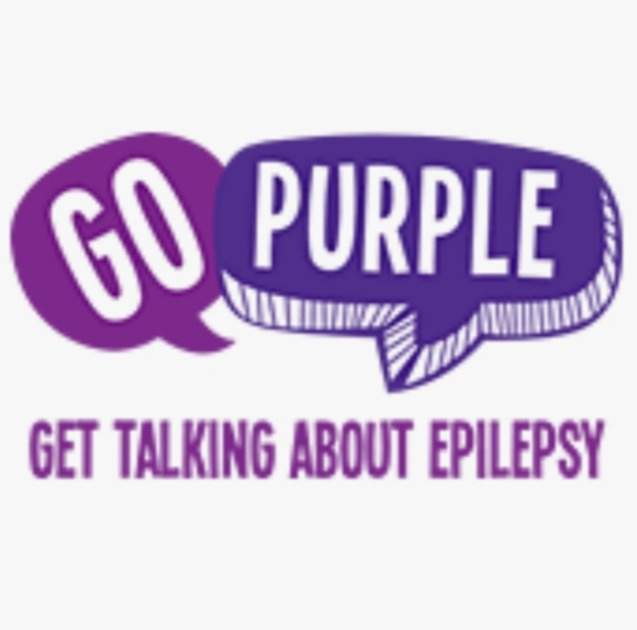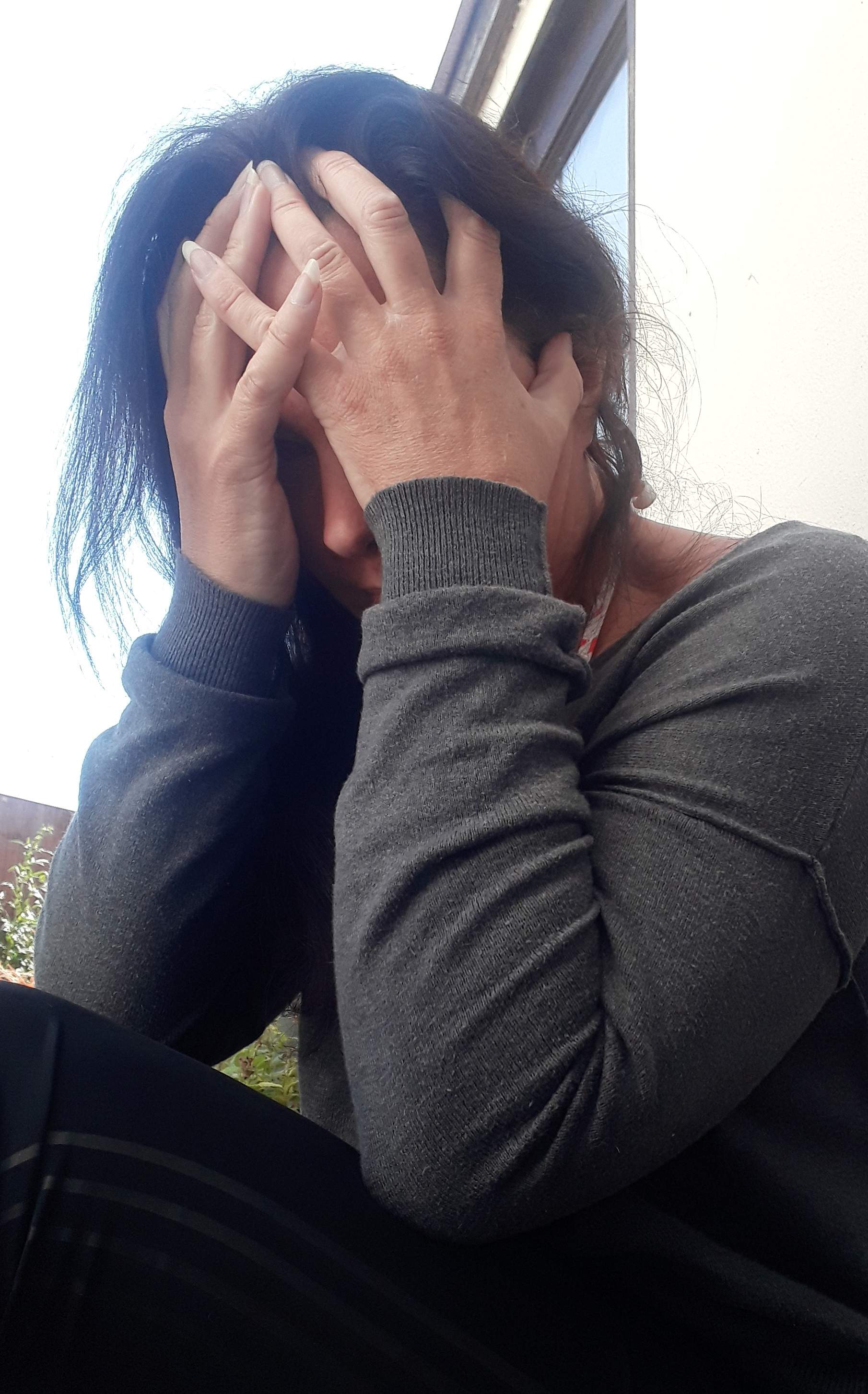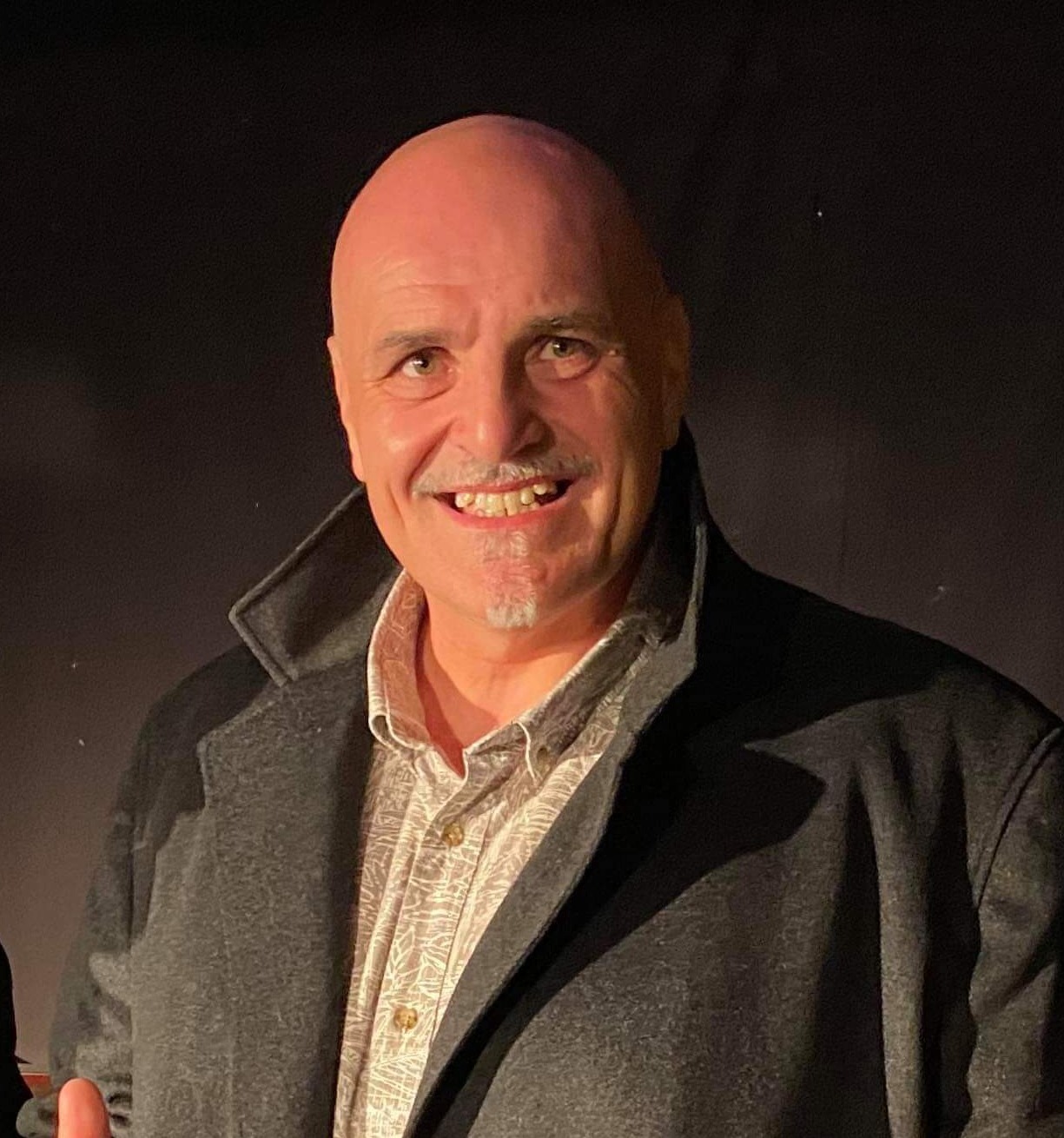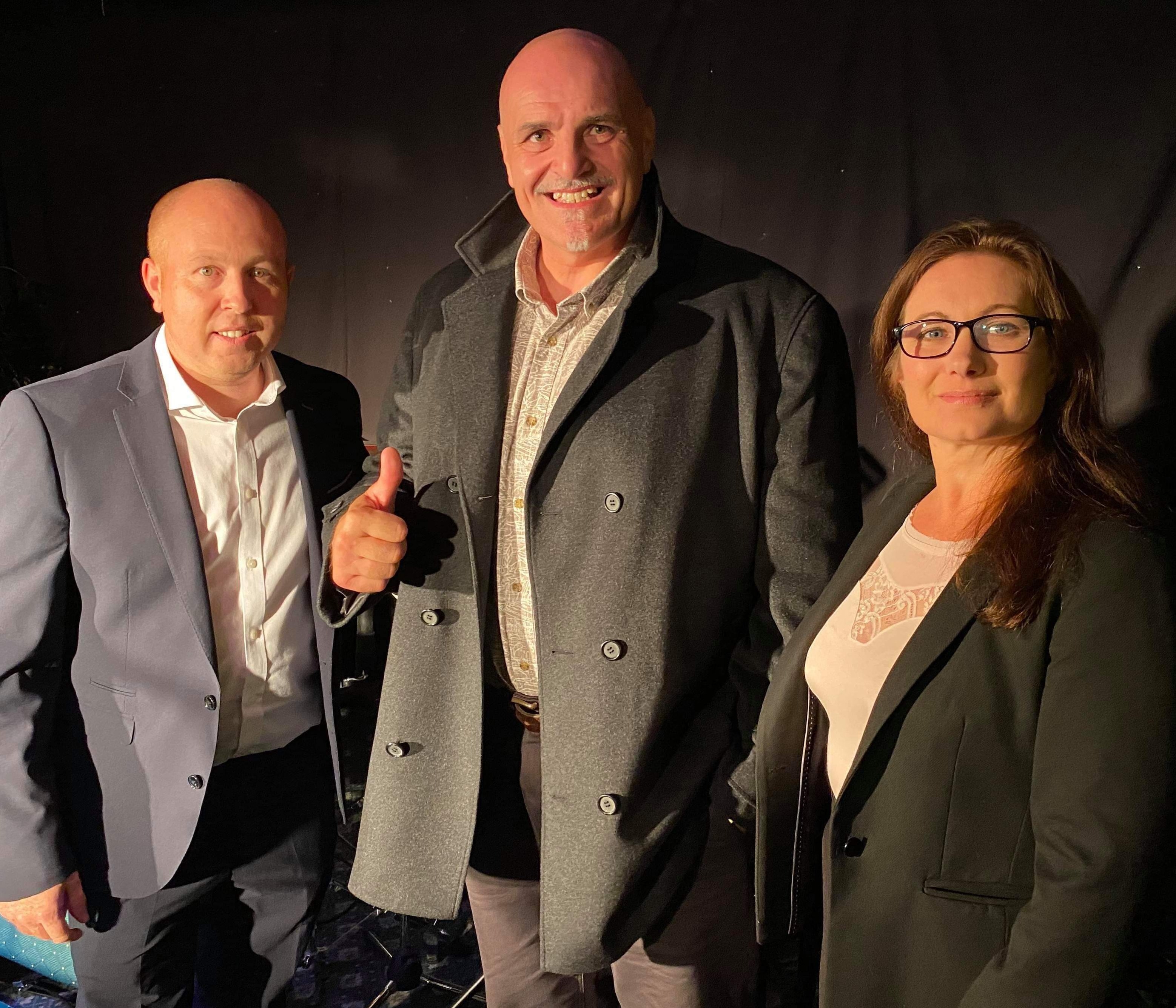Epilepsy awareness day is upon us.
Seizures remain a taboo subject, not many know what should be done if they come across someone having convulsions—in point of fact it scares the living daylights out of the uninformed to the point I believe its easier to have them than to watch them occur.
After the severe attack I sustained in April twenty-fourteen, when a mental health patient punched me in the head six times and slammed the back of my skull against a wall, I was left facing them—my family were left to watch them occur. It took two years for sight loss, absent moments, and arm jerks to gradually worsen to the point I’d collapse and convulse or do so in my sleep. It took a special diet and medication over several years to gain control and to be seizure free.
Despite my hard work and medical intervention, when my physical health tumbles as does the control of my seizures. Ironically the anti-convulsant medication I take has caused kidney stones which in turn causes kidney infections—its at the point of infection that my seizures manifest themselves after years of control. Added to this I have been diagnosed with pernicious anaemia. This is when your immune system attacks healthy cells in your stomach preventing the body absorbing vitamin B12 from food being absorbed—this has been caused by the same medication as my kidney stones. When, at the end of last year I received my routine B12 injection (that I have every ten weeks instead of the usual twelve) and it failed to have the usual twenty-four volt of energy to every cell in my body effect, I knew something was very wrong. Fatigue, insomnia, and depression was setting in—and my seizures continued.
Blood tests commenced for diabetes, thyroid, and multiple sclerosis among other sinister life-threatening diseases. My doctor also tested for other anaemias, thankfully. It turned out that as well as B12 anaemia I am now blessed with Folate deficient anaemia. Both anaemias cause depression, fatigue, heart palpitations, shortness of breath and tinnitus (which I was left with from my head trauma anyhow).
I’d managed my depression before—it’s a side effect of both the medications I take for my seizures and the Complex Post-Traumatic Stress Disorder I have—but plunging back into the abyss of darkness was now being explained. For me, the combination of infection and lack of oxygen getting to my brain was also explaining my seizures returning. Never had I had so many daytime seizures so close together as I’d been getting (in public) and they’d been under control for three years.
Still my neurologist refused to see me.
My doctor however has been a blessing, always going above and beyond to help me regain control and sanity. Ultimately, my dignity.
If you ever see someone convulsing please don’t assume they’re drunk. Ensure they’re safe and not in harm’s way and not going to hurt themselves. If possible, place them in the recovery position, placing something soft underneath their head. Do not place your fingers inside their mouth. It is a myth that we'll swallow our tongue--but not that we'd bite your fingers in our unconsciousness state. Be aware we might urinate or defecate.
If a seizure lasts five minutes or longer it’s a medical emergency and you should call an ambulance. Once the ‘patient’ is conscious try and establish if it has been their first seizure, if so, this is also a medical emergency—but they might not be talking sense (I talk more gibberish than usual after a seizure). Don’t over crowd but comfort them until they are feeling better and no longer confused, which might take some time.
If in doubt call 999.





